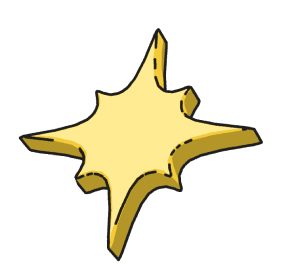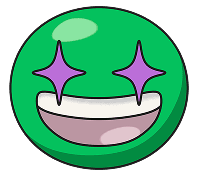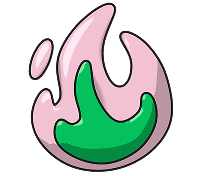New Zealand Certificate in Early Learning and Care (Level 2)
Teaching
A course by
Lifeskills
Provides essential life skills and foundational knowledge for those involved in early learning and care of young children, preparing graduates for parenting, caregiving, or further study.
In-person study
Face-to-face learning in a physical classroom setting
Mangere, Mangere
It will take a total of 15 weeks
Core skills this course teaches

Understand child development and wellbeing
Demonstrate knowledge of holistic wellbeing, brain development, and lifelong learning in children under care.

Support health in pregnancy and early childhood
Apply practices that support the wellbeing and health of mothers, foetuses, and young children, including nutrition.

Caring for mokopuna in a culturally responsive way
Implement care practices that reflect both whānau and Māori perspectives, acknowledging te reo and Tikanga Māori.
What You're Signing Up For
This qualification is designed to equip learners with essential life skills and foundational knowledge relevant to early child development and caregiving. It prepares graduates to nurture and support the growth of children in parenting or caregiving roles, and to aid kaiawhina and caregivers in supervised settings, particularly focused on the care of mokopuna (infants, toddlers, and young children). Graduates may contribute to improved community and whānau outcomes by providing capable support for child development.
Course Content
- Holistic wellbeing, brain development, and lifelong learning in young children
- Wellbeing and health during pregnancy
- Care practices for holistic wellbeing of young children (mokopuna)
- Environmental factors affecting health and wellbeing of young children
- Play experiences and environments supporting development and learning
- Healthy eating, food, and nutritional requirements for young children
- Whakapapa, beliefs, and care practices
- Communication in Early Childhood Education (ECE) settings
- Te reo and Tikanga Māori in early learning and care
- Community support services in Early Childhood Education
What you need to know first
Students must be 17 years of age or over.
Police vetting required to meet safety check (Children’s Act 2014).
Minimum school achievement of NCEA Level 2 or equivalent.
Appropriate literacy and numeracy for Level 2 study.
All applicants interviewed; admission at interviewer's discretion.
Possible extra restrictions if offered under a Tertiary Education Commission Contract.

What sort of industry will this job lead to
Early Childhood Education
Caregiving

Future employment opportunities might be
Parenting roles
Unpaid caregiver support roles
Kaiawhina roles in supervised settings